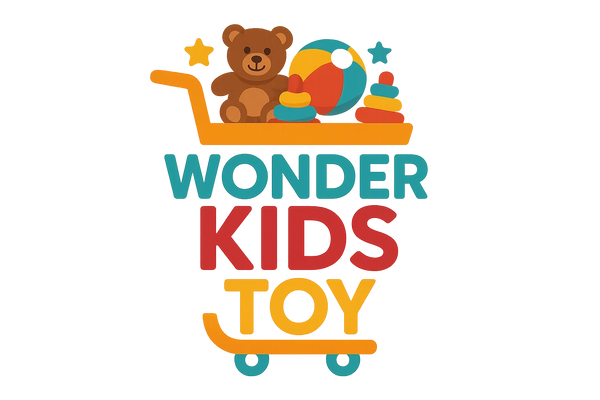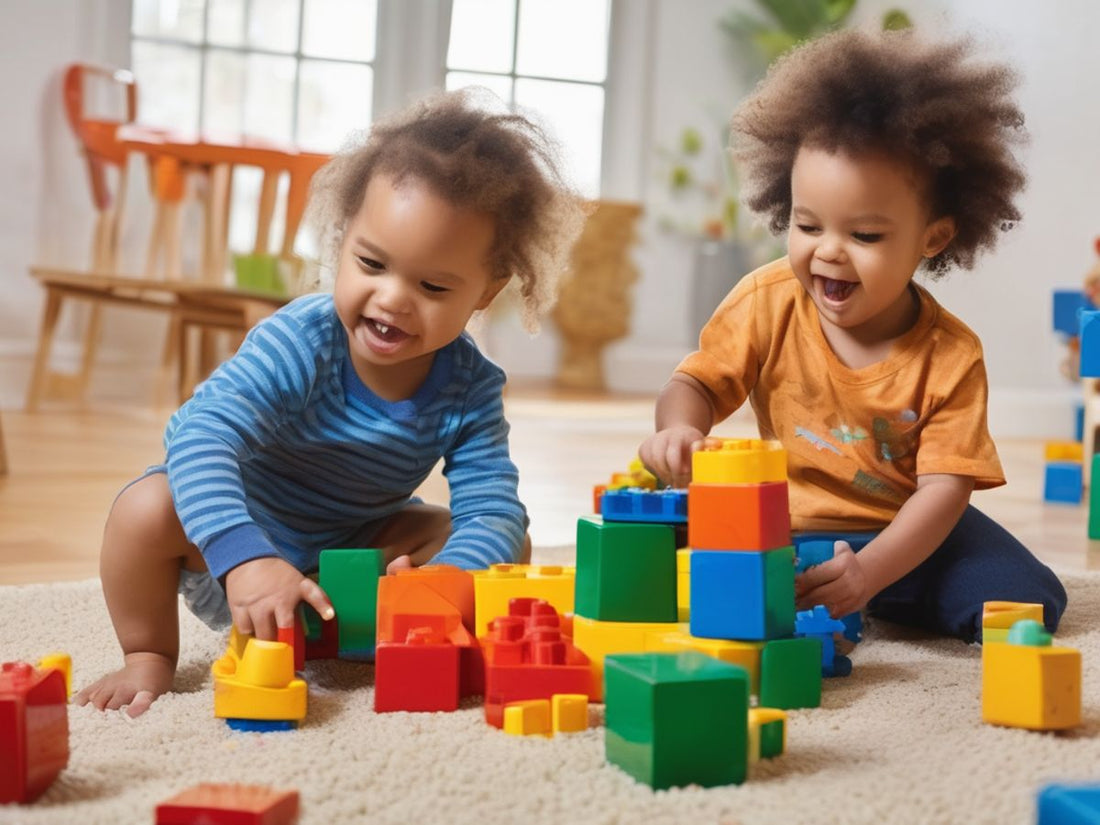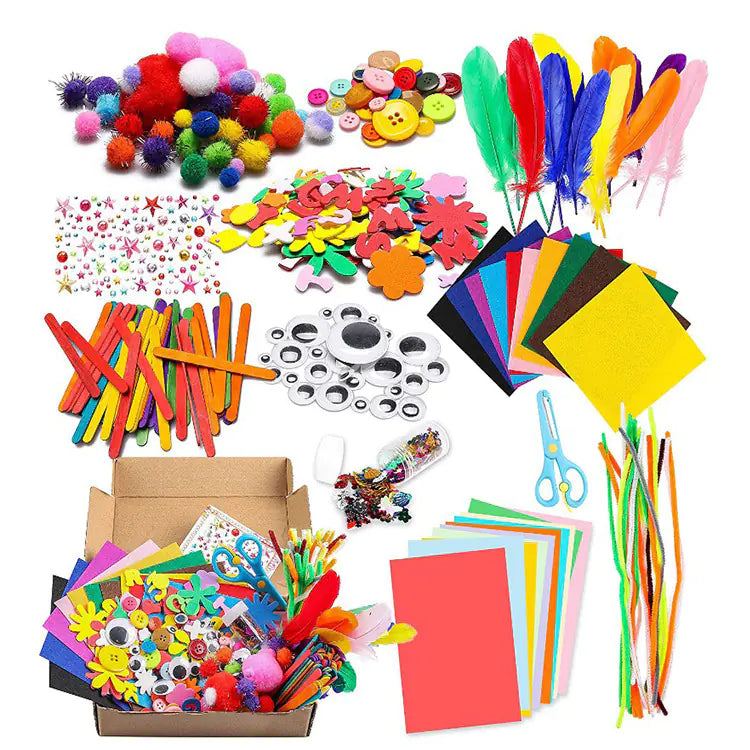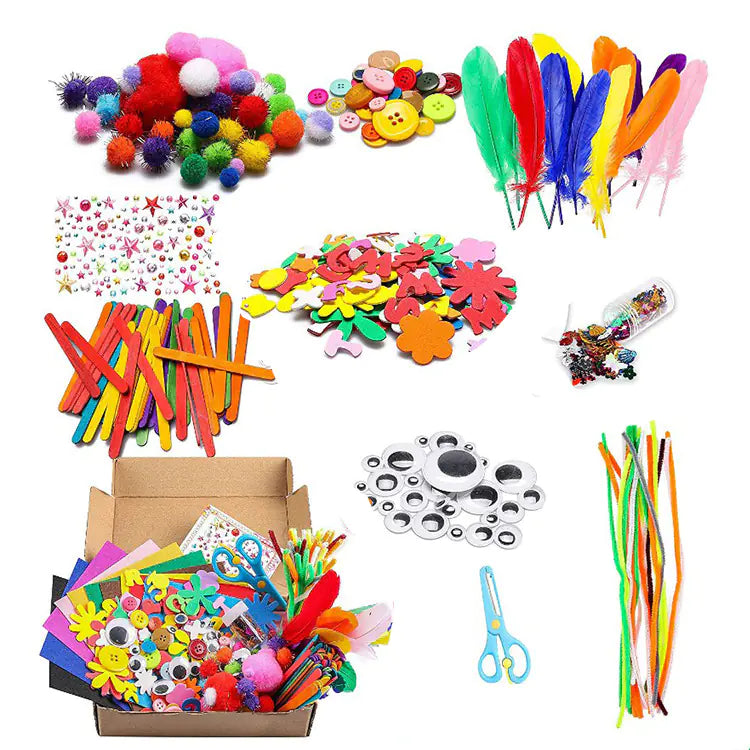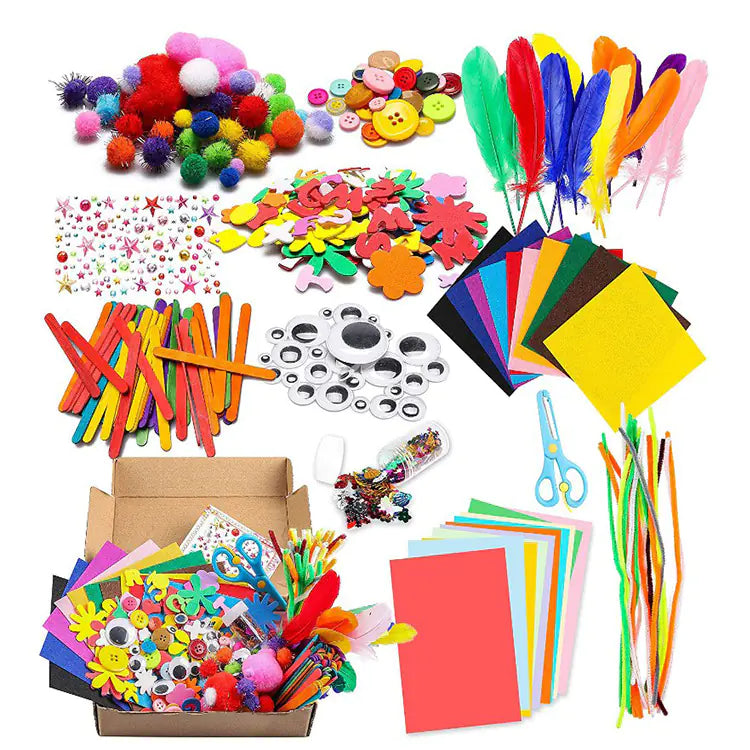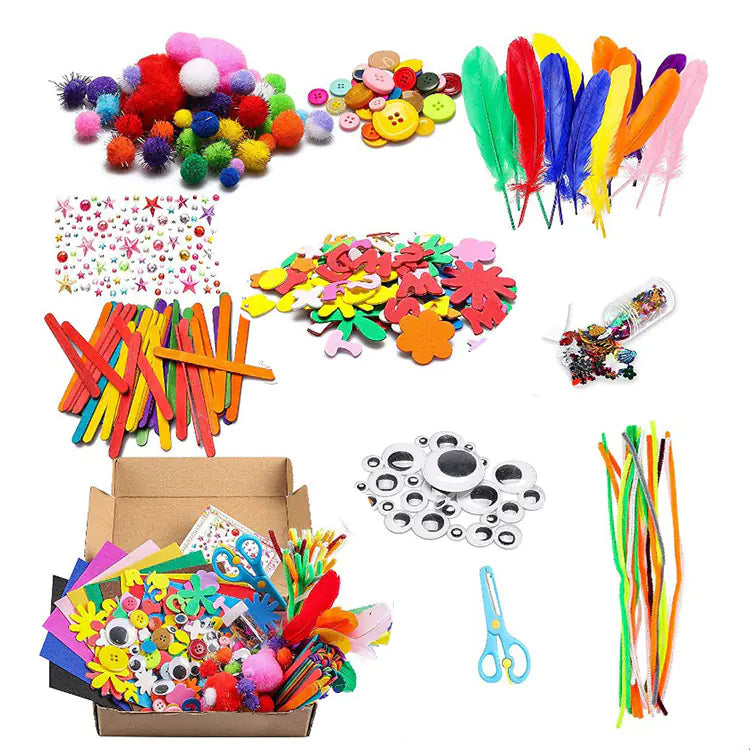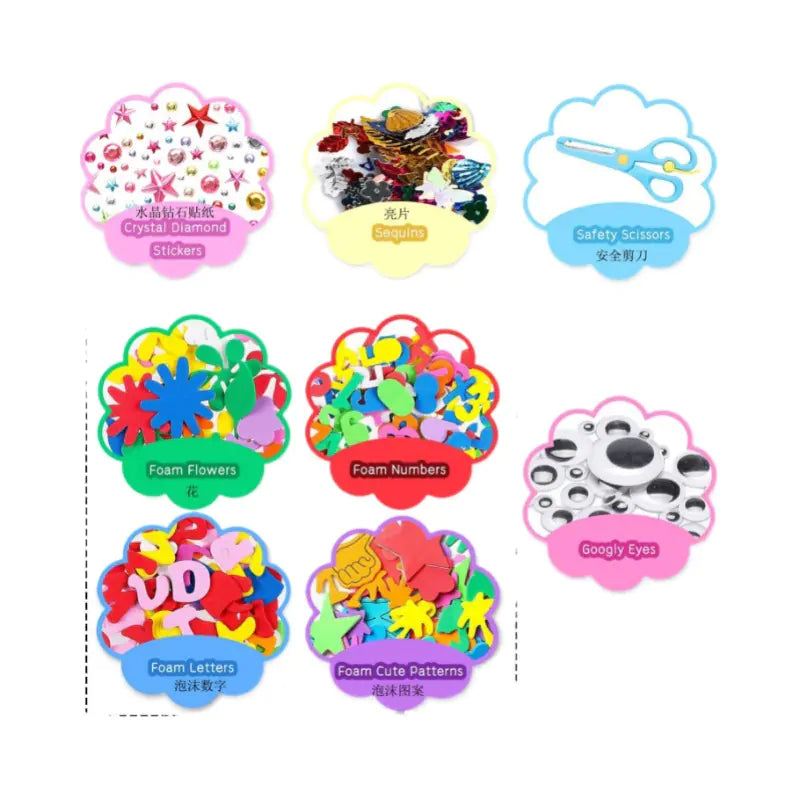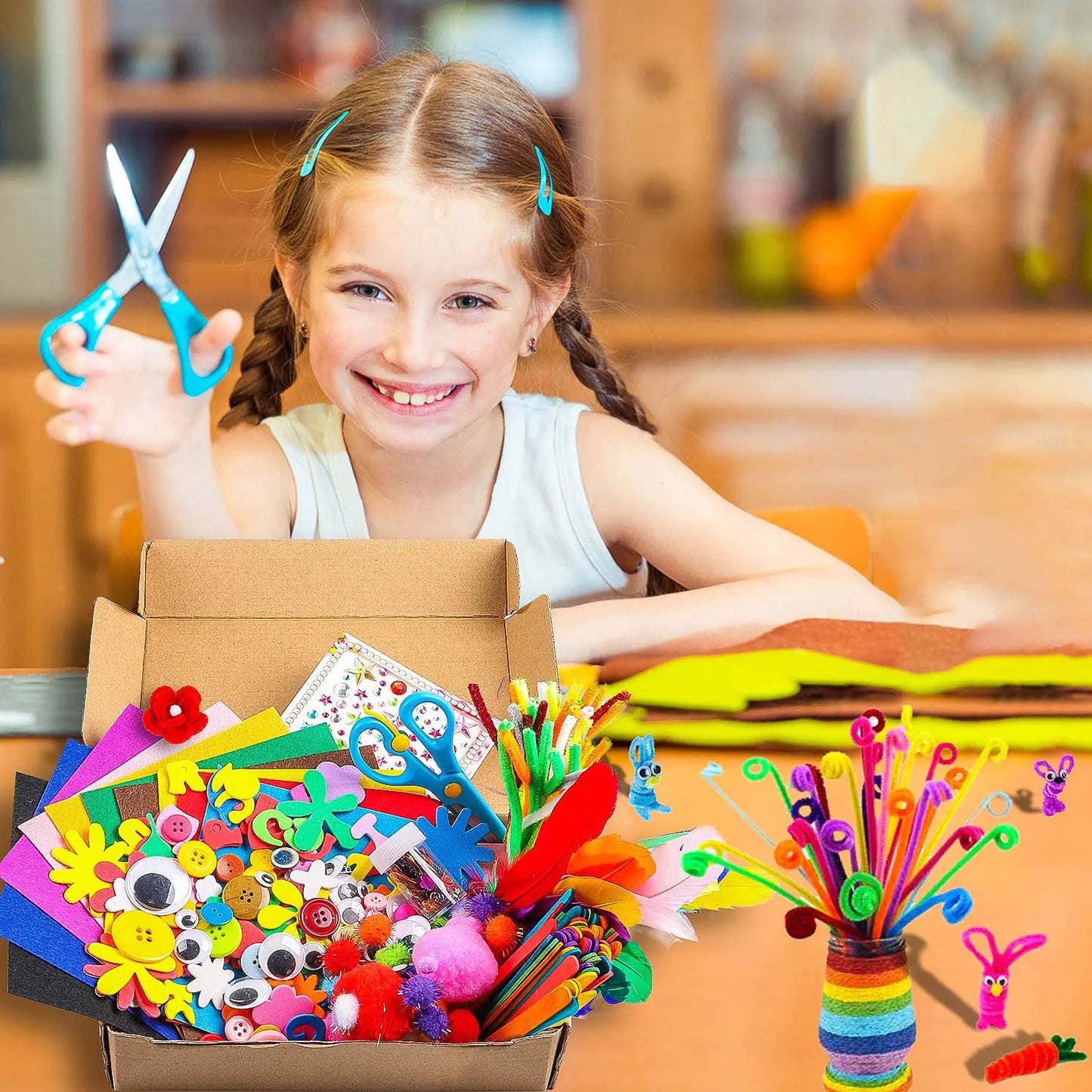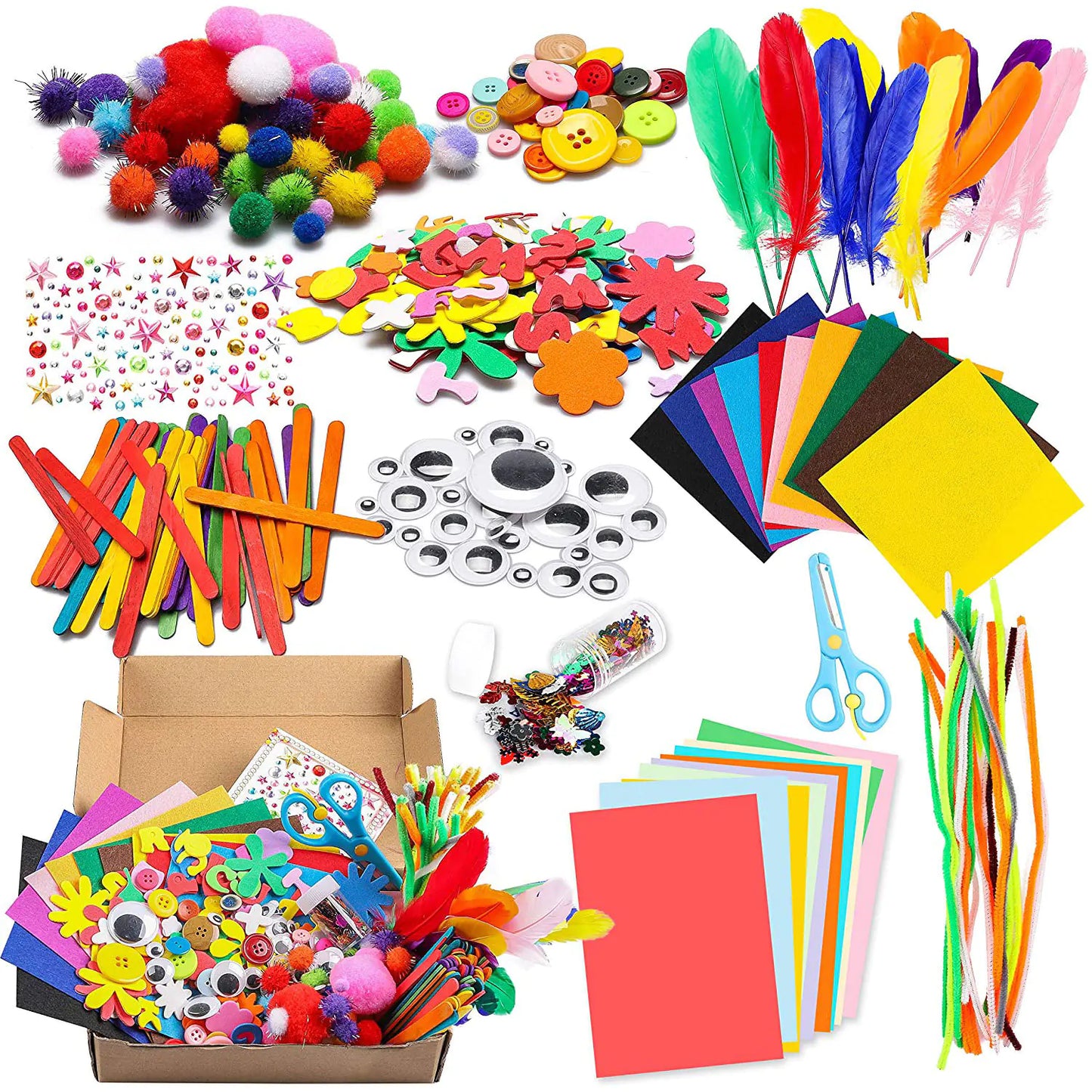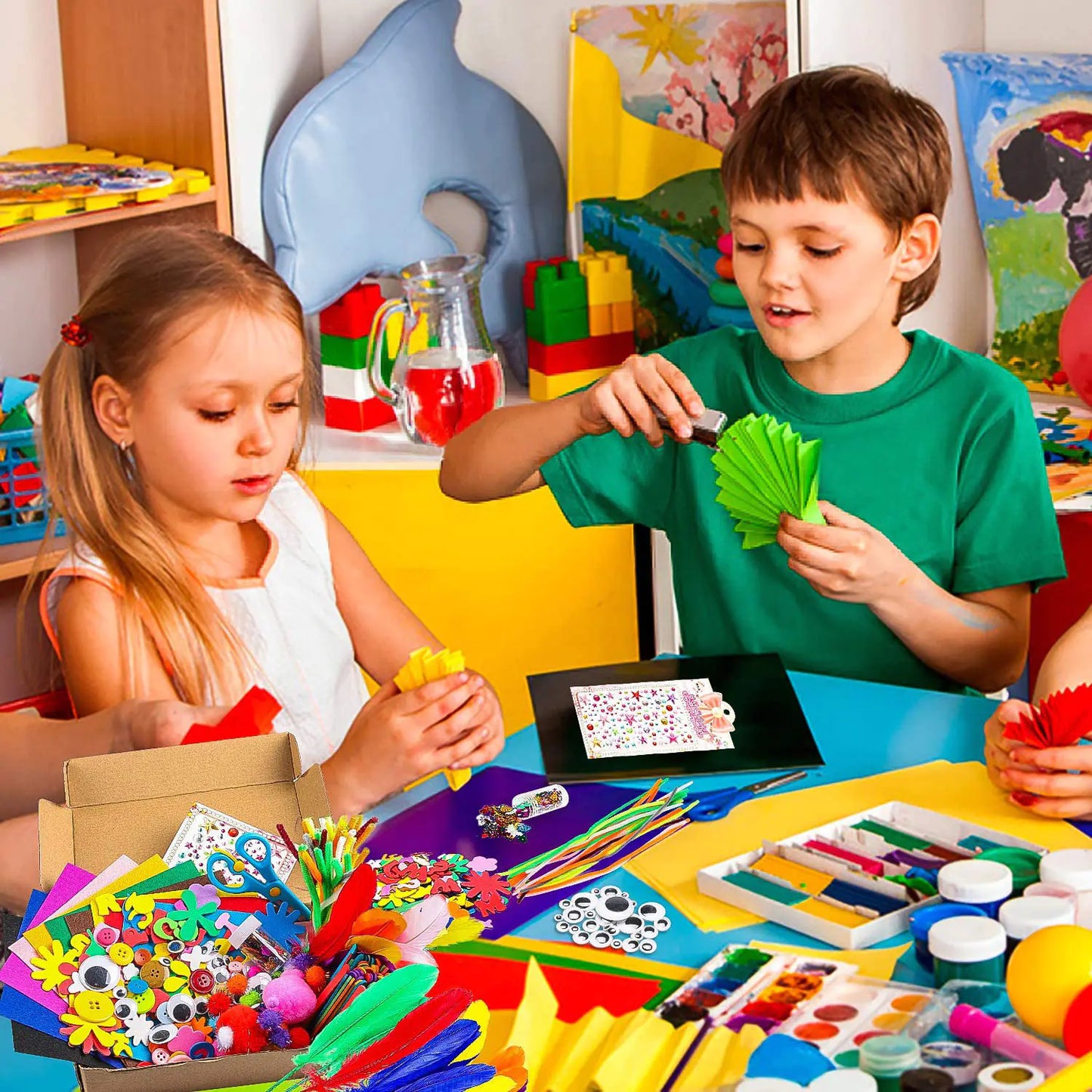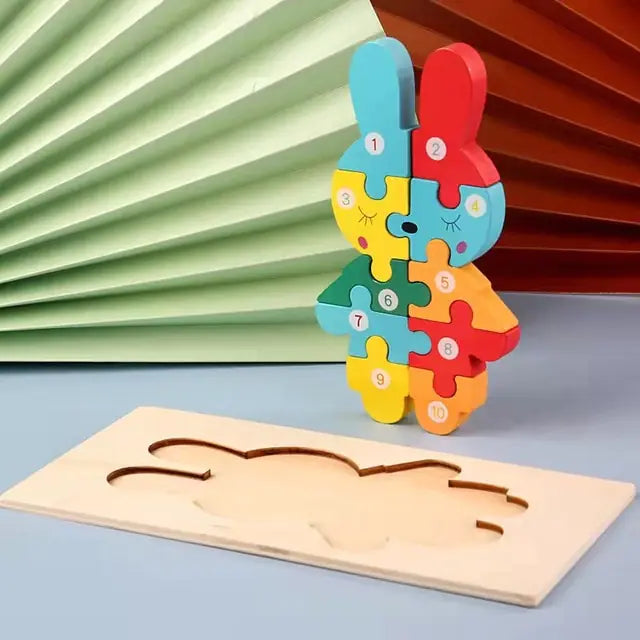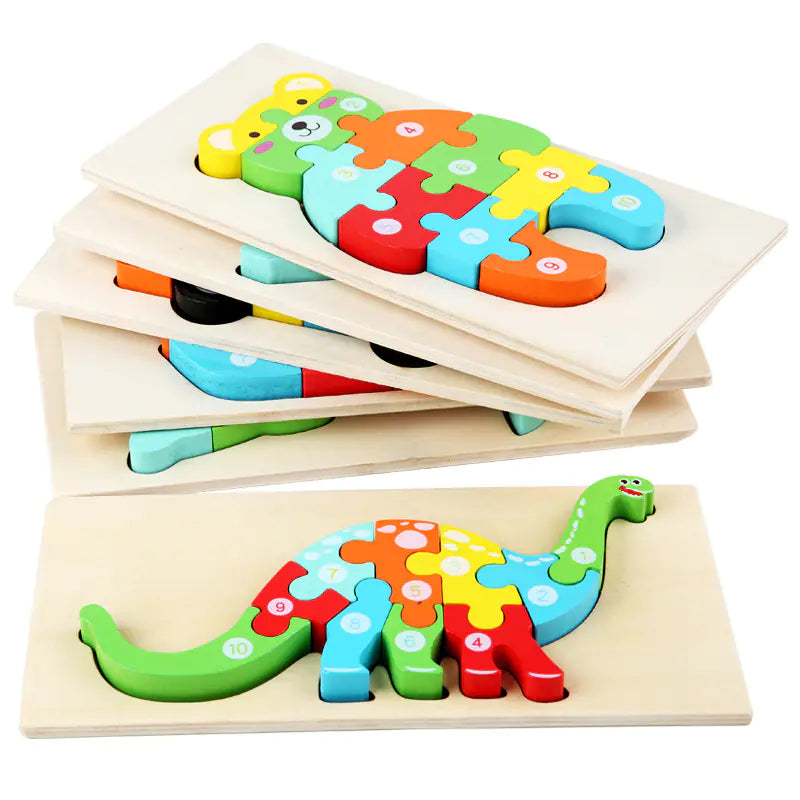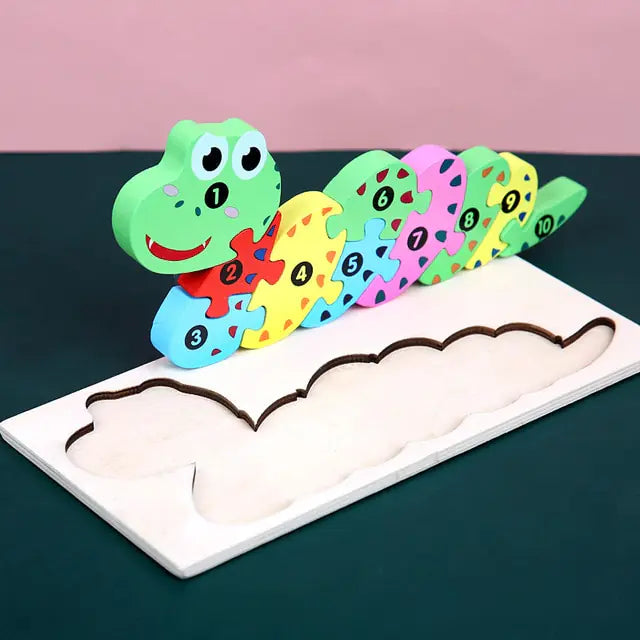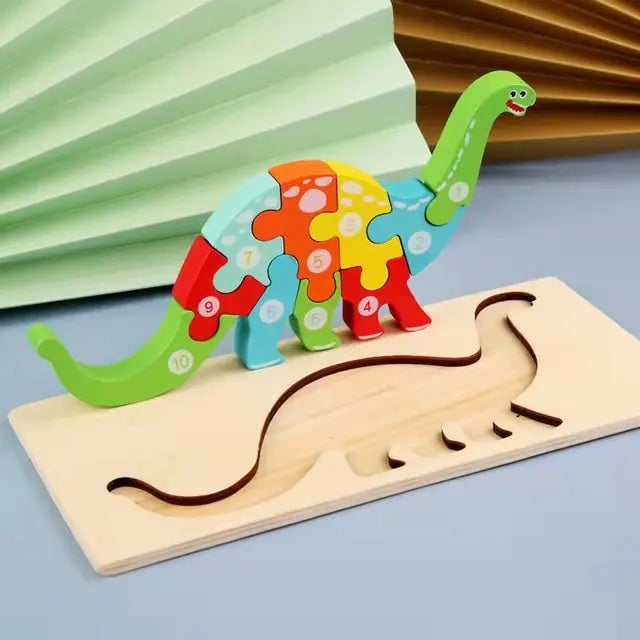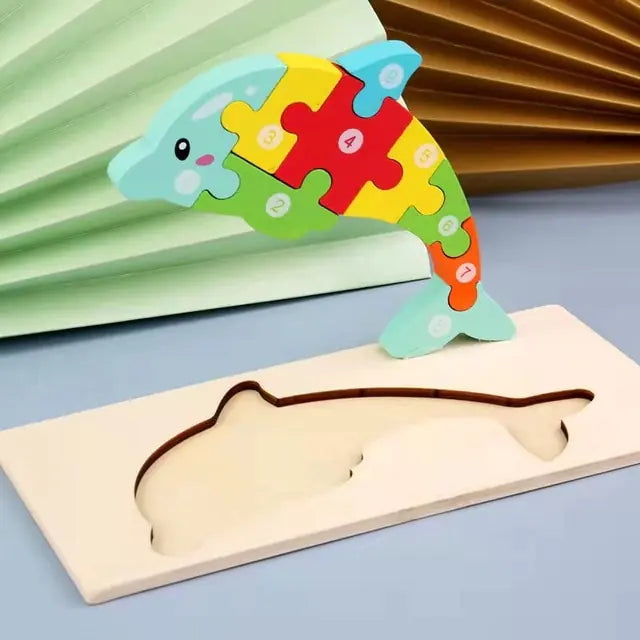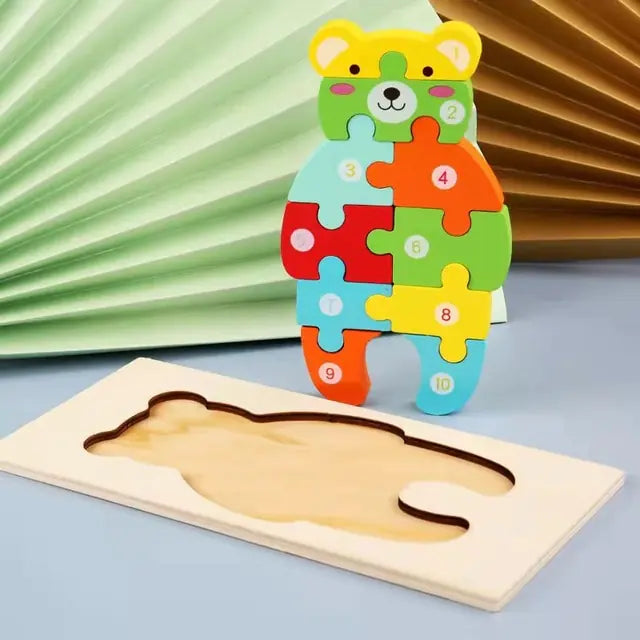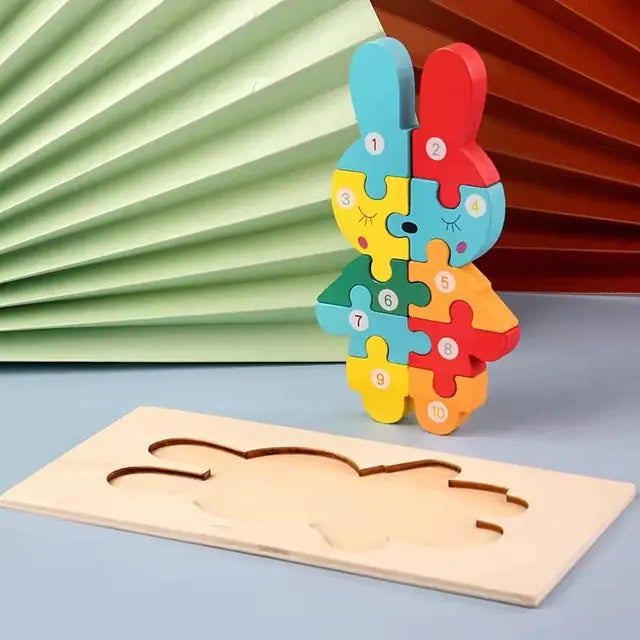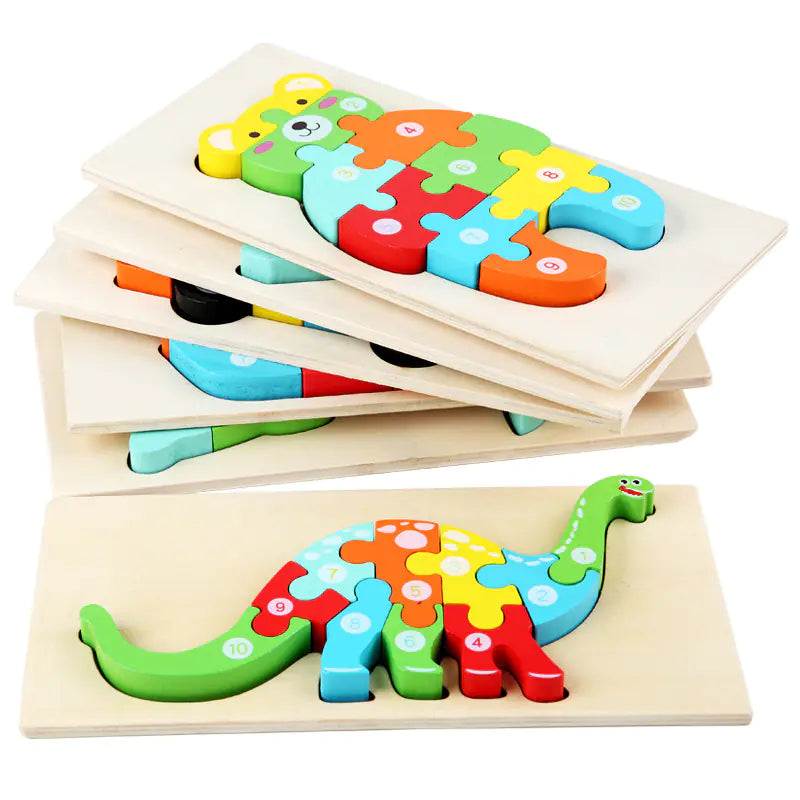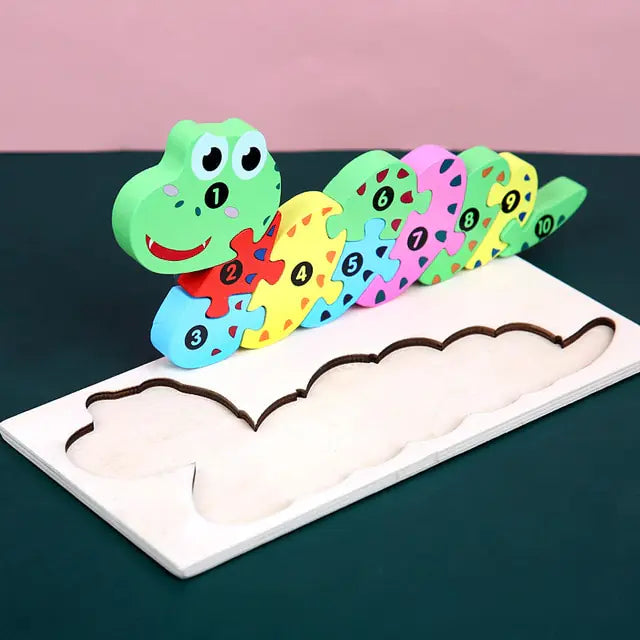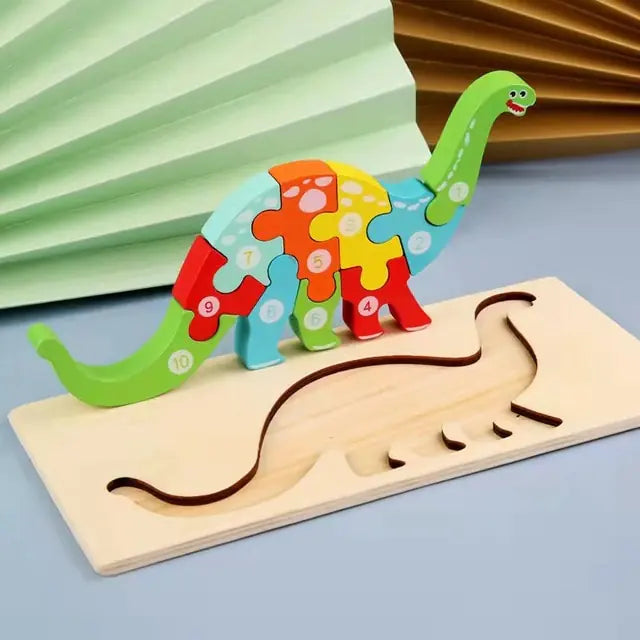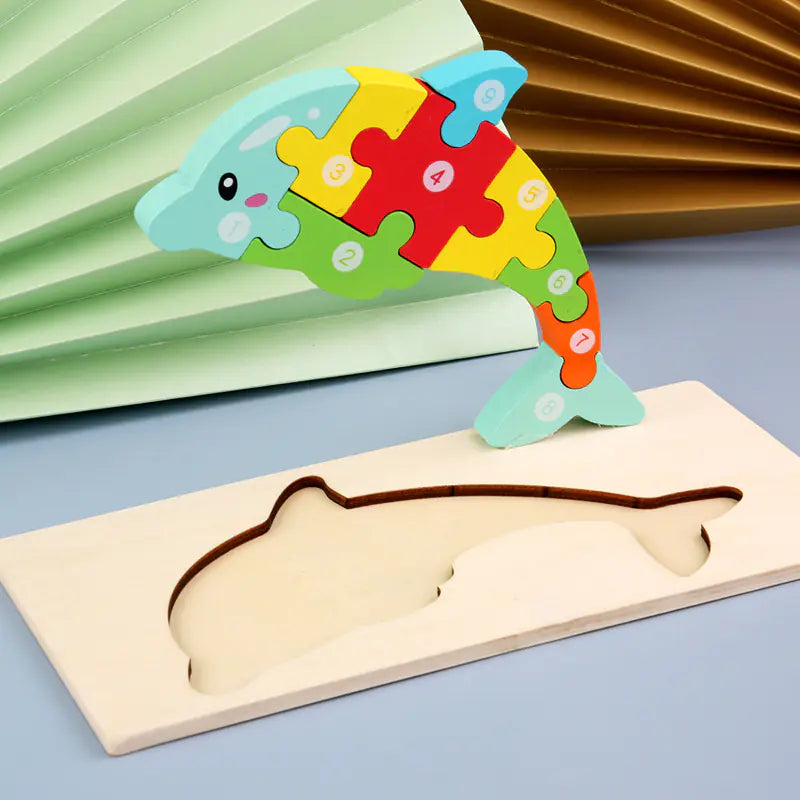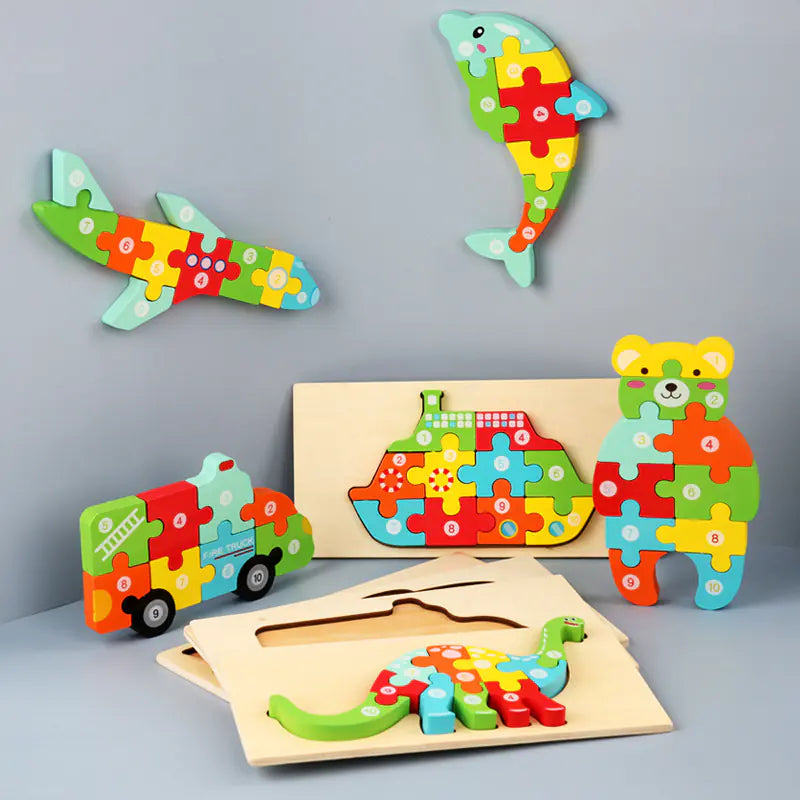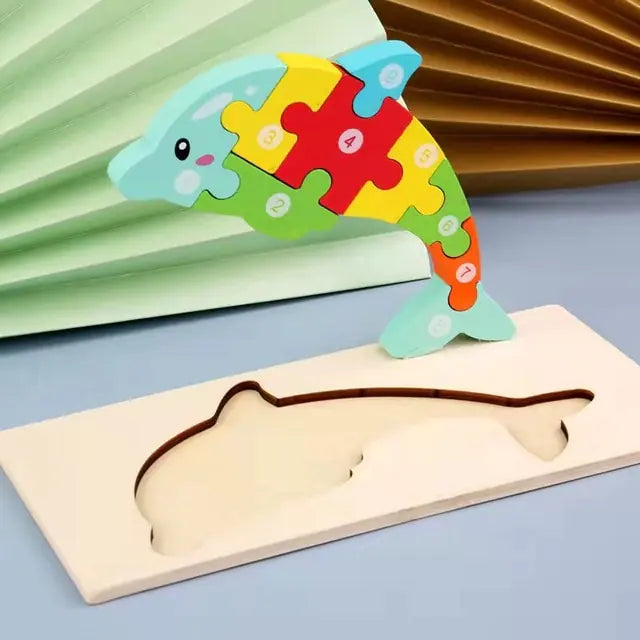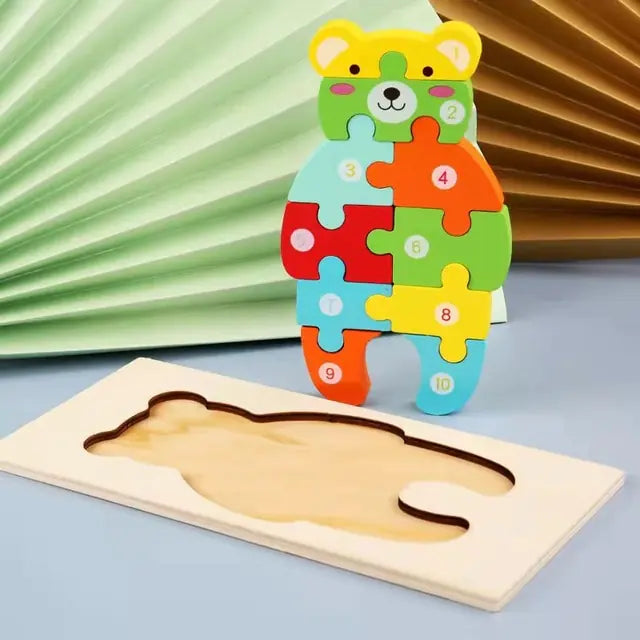Building blocks are a timeless and versatile toy that offer a multitude of developmental benefits for toddlers. Far from being just simple playthings, these colorful blocks serve as powerful educational tools that can aid in the growth of fine motor skills, cognitive abilities, social interactions, and more. This article delves into the myriad ways building blocks contribute to a child's development, making them an essential addition to any toddler's playtime routine.
Key Takeaways
- Building blocks enhance fine motor skills through activities like grasping, holding, and stacking.
- Playing with building blocks promotes cognitive development by improving problem-solving skills and understanding cause and effect.
- Block play encourages social skills such as sharing, teamwork, and cooperation.
- Building blocks stimulate imagination and creativity, offering benefits like free play and storytelling.
- These toys also introduce basic math concepts, including shapes, sizes, patterns, and symmetry.
Why Building Blocks for Toddlers Are More Than Just Toys

Building blocks are one of those magical toys that never go out of style. From the moment your little one can grasp them, they become a source of endless fun and learning. But did you know that these simple toys offer so much more than just entertainment? Let's dive into the hidden educational value and how they spark creativity in our toddlers.
The hidden educational value
When toddlers play with building blocks, they're not just stacking and knocking them over. They're learning fundamental concepts like balance, gravity, and spatial awareness. These activities help develop their cognitive skills and lay the groundwork for more complex problem-solving abilities later on.
How they spark creativity
Building blocks are a blank canvas for your child's imagination. Whether they're constructing a towering castle or a simple house, they're engaging in creative thinking and planning. This kind of play encourages them to think outside the box and come up with unique solutions, fostering a lifelong love for creativity and innovation.
Building blocks are more than just toys; they're tools that help shape your child's future in the most fun and engaging way possible.
Boosting Fine Motor Skills with Building Blocks

Grasping and holding
When toddlers grasp and hold building blocks, they are engaging in activities that enhance their fine motor skills. These small movements of their fingers and hands are crucial for tasks they will encounter later in life, like tying shoes or buttoning shirts. Every time your little one picks up a block, they are honing their grasping skills, body awareness, and coordination.
Stacking and balancing
Stacking and balancing blocks might seem simple, but it does wonders for a child's physical development. The act of aligning and maneuvering blocks helps strengthen the small muscles in their hands and fingers. This not only improves their fine motor skills but also their hand-eye coordination. It's amazing how such a straightforward activity can have such profound benefits.
Block play is a fantastic way to support your child's fine motor development while keeping them entertained and engaged.
Building Blocks and Cognitive Development

Problem-solving skills
When toddlers play with building blocks, they are not just having fun; they are also developing essential problem-solving skills. They learn to figure out how to balance blocks, which pieces fit together, and how to create stable structures. This kind of play encourages them to think critically and boost cognitive development through critical thinking.
Understanding cause and effect
Building blocks are a fantastic way for toddlers to understand cause and effect. When a tower they built collapses, they learn that certain actions lead to specific outcomes. This hands-on experience helps them grasp the concept of cause and effect in a very tangible way. Plus, it encourages them to explore and repeat actions, which is crucial for spatial reasoning skills.
Watching your child enhance spatial awareness with construction toys is incredibly rewarding. You can see their confidence grow as they master new skills and tackle more complex building challenges.
Social Skills Gained from Block Play

Learning to share
When toddlers play with building blocks, they often find themselves in situations where they need to share pieces with others. This is a fantastic way for them to learn the importance of sharing and taking turns. Sharing blocks can be a child's first lesson in understanding the value of cooperation and empathy.
Teamwork and cooperation
Building something grand with blocks often requires teamwork. Kids will naturally start to communicate, delegate tasks, and work together to achieve a common goal. This collaborative effort not only strengthens their social bonds but also teaches them the importance of cooperation. It's amazing to see how block play can turn into a mini social exercise, preparing them for future group activities.
Watching children build friendships as they build blocks is one of the most rewarding aspects of block play. The social interaction serves as an authentic context for oral language development, allowing children to learn new words, sentence structures, and conversational cues in a meaningful setting.
Encouraging Imagination and Creativity

Free play benefits
One of the most amazing things about building blocks is how they encourage free play. This free-form play, where structures don't have to conform to the rules of physics or societal expectations, helps to nurture a child’s creative process. In the blocks area, children are the architects of their own worlds. They can freely explore abstract concepts and practice higher-level thinking that goes way beyond literal interpretations of their environment.
Storytelling through blocks
When kids use blocks to create, they often end up telling stories about their creations. Whether it's a castle, a spaceship, or a simple house, each structure can become a part of a larger narrative. This kind of play is not just fun; it’s a powerful way to develop storytelling skills and boost imagination. Blocks can become more than mere toys. They are tools for imaginative expression and creative problem-solving.
Not only does this foster immediate enjoyment and satisfaction, but it also sets the groundwork for innovative thinking in the future. The ability to think 'outside the block' 😉 is a skill that will serve children well as they navigate more complex problems and situations throughout their lives.
How Building Blocks Teach Basic Math Concepts

Learning shapes and sizes
When toddlers play with building blocks, they naturally start to learn about different shapes and sizes. They begin to recognize that some blocks are bigger or smaller than others, and this helps them understand basic concepts of measurement and comparison. This foundational knowledge is crucial for later math skills.
Understanding patterns and symmetry
Building blocks are fantastic for teaching kids about patterns and symmetry. By arranging blocks in specific sequences or creating symmetrical structures, toddlers get hands-on experience with these important mathematical concepts. This kind of play can make learning feel like a fun game rather than a chore.
Playing with blocks isn't just about building towers; it's about building a strong foundation for future learning. The skills they develop now will serve them well in school and beyond.
Language Development Through Block Play

Describing actions and structures
When toddlers engage in block play, they naturally start to describe what they are doing. This could be as simple as saying, "I'm building a tower," or more complex narratives about their creations. This verbal expression is crucial for language development as it helps children articulate their thoughts and ideas.
Building vocabulary
Block play introduces children to new words and concepts. As they build, they might learn terms like "balance," "structure," or "foundation." These new words become part of their vocabulary, enriching their language skills. Additionally, the social interaction that often accompanies block play provides a meaningful context for learning and using new words.
Block play is not just about building structures; it's about building a foundation for future communication skills.
The Role of Building Blocks in Emotional Development

Building Patience
One of the most significant emotional benefits of building blocks is the development of patience. When toddlers engage in block play, they often have to try multiple times to get their structures just right. This process teaches them that good things take time and effort. Patience is a crucial life skill that will benefit them in many areas as they grow.
Handling Frustration
Building blocks also help toddlers learn to handle frustration. Not every tower stands tall on the first try, and sometimes, blocks will tumble. This experience allows children to understand that failure is a part of learning. They learn to pick up the pieces and try again, fostering resilience and a positive attitude towards challenges.
Block play is more than just fun; it's a valuable tool for emotional growth. Watching your child navigate the ups and downs of building can be incredibly rewarding.
Incorporating building blocks into your toddler's playtime can provide them with essential emotional skills that will serve them well throughout their lives. These toys are not just for fun; they are building blocks for emotional development too.
Choosing the Right Building Blocks for Your Toddler

When selecting building blocks for your toddler, it's crucial to choose sets that are suitable for their age. Blocks that are too small can be a choking hazard, while those that are too complex might frustrate them. Always check the age recommendations on the packaging to ensure you're making a safe choice.
Safety should be your top priority. Look for blocks made from non-toxic materials and ensure they have smooth edges to prevent any injuries. Wooden blocks are a great option as they are durable and often made from eco-friendly materials. Additionally, make sure the blocks are large enough to avoid any choking risks.
Remember, the right set of building blocks can provide endless hours of fun and learning for your toddler. Choose wisely to maximize both safety and developmental benefits.
Incorporating Building Blocks into Daily Playtime

Have you ever watched young children completely engrossed in stacking and building with blocks? Block play is so much more than just play. Construction play like this is a critical part of their development.
Setting up a block area
Creating a dedicated block area in your home can make a huge difference. It doesn't have to be large; just a small corner with a variety of blocks will do. Blocks can become more than mere toys. They are tools for imaginative expression and creative problem-solving.
Combining blocks with other toys
To keep things interesting, try combining blocks with other toys. For example, action figures or toy cars can add a new dimension to block play. This not only keeps your child engaged but also encourages cognitive growth through block play and role-playing with dolls and action figures.
Block play offers an open-ended, creative and valuable play and learning experience available to every setting. It offers children freedom – to explore, take apart and put back together any block-based creation they can think of.
The Long-Term Benefits of Building Blocks for Toddlers

When it comes to empowering little minds, building blocks are a fantastic tool that offers benefits far beyond simple play. These humble toys can set the stage for a lifetime of learning and development.
Preparing for school
Building blocks help toddlers develop essential skills that are crucial for school readiness. From hand-eye coordination to problem-solving abilities, these skills form the foundation for more complex learning later on. Plus, the focus and concentration required during block play can enhance a child's attention span, making them more prepared for structured learning environments.
Lifelong learning skills
The benefits of building blocks don't stop at school readiness. They also foster lifelong learning skills such as creativity, critical thinking, and spatial awareness. These skills are not only useful in academic settings but are also valuable in everyday life. By engaging in block play, toddlers learn to think outside the box and approach problems from different angles, setting them up for success in various aspects of life.
Building blocks are more than just toys; they are tools for creative and cognitive development in toddlers.
Building blocks are more than just toys; they are essential tools for your toddler's development. These versatile playthings enhance fine motor skills, foster creativity, and encourage problem-solving abilities. Discover the long-term benefits of building blocks and give your child a head start in life. Visit our website to explore our wide range of educational toys and make playtime truly wonderful!
Conclusion
In a nutshell, building blocks are more than just simple toys; they're powerful tools that can significantly aid in a toddler's development. From enhancing motor skills and hand-eye coordination to fostering creativity and social skills, the benefits are vast and varied. So next time you see your little one stacking those colorful blocks, remember, they're not just playing—they're learning and growing in ways that will benefit them for years to come. Happy building!
Frequently Asked Questions
At what age can toddlers start playing with building blocks?
Toddlers can start playing with building blocks as early as 6 months old with soft blocks. As they grow, they can transition to more complex construction toys.
How do building blocks help in cognitive development?
Building blocks help in cognitive development by enhancing problem-solving skills, understanding cause and effect, and encouraging logical thinking.
What types of motor skills are improved by playing with building blocks?
Playing with building blocks improves fine motor skills such as grasping, holding, stacking, and balancing.
Can building blocks help with language development?
Yes, building blocks can help with language development as children describe their actions and structures, thus building their vocabulary.
How do building blocks encourage social skills?
Building blocks encourage social skills by teaching children to share, cooperate, and work as a team during playtime.
Are there any safety considerations when choosing building blocks for toddlers?
Yes, when choosing building blocks for toddlers, it's important to select age-appropriate options and ensure they are made of non-toxic materials without small parts that could be a choking hazard.
How do building blocks foster creativity and imagination?
Building blocks foster creativity and imagination by allowing children to engage in free play and storytelling through their block creations.
What long-term benefits do toddlers gain from playing with building blocks?
In the long term, playing with building blocks prepares toddlers for school by developing foundational skills in math, language, and social interaction, and promotes lifelong learning skills.
